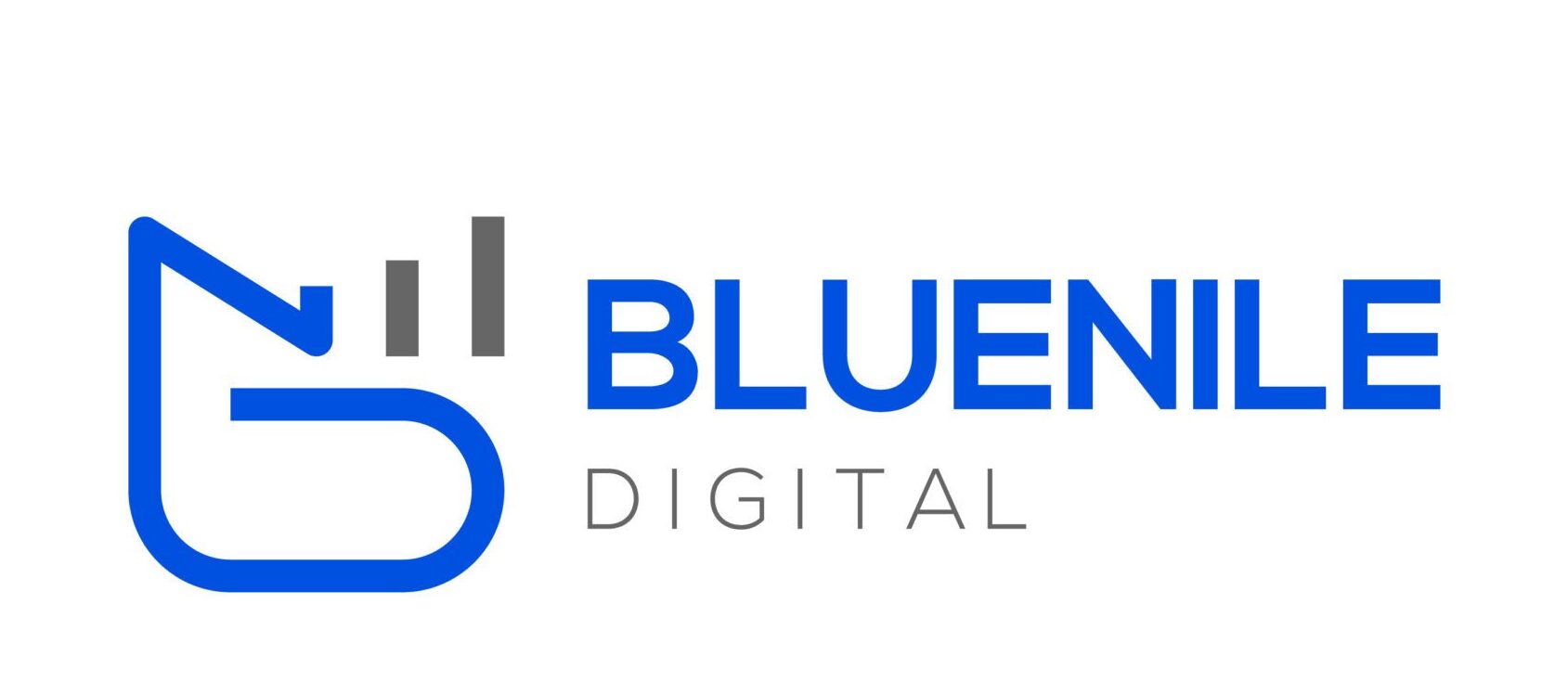Understanding the Role of Digital Marketing Agencies
Introduction: In today’s hyper-connected world, digital marketing agencies play a pivotal role in helping businesses navigate the complex landscape of online marketing. These agencies specialize in leveraging various digital channels to reach target audiences, drive engagement, and ultimately, achieve business objectives. This one-page overview explores the core functions and value propositions of digital marketing agencies.
Core Functions of Digital Marketing Agencies:
-
1) Strategy Development: Digital marketing agencies begin by understanding their clients’ goals, target audience, and industry landscape. They then devise comprehensive strategies tailored to meet these objectives, utilizing a mix of digital channels such as search engines, social media, email, and content marketing.
-
2) Campaign Management: Agencies execute and manage digital marketing campaigns across multiple platforms. This involves creating compelling ad creatives, optimizing targeting parameters, and monitoring campaign performance in real-time. Continuous optimization ensures maximum ROI and effectiveness.
-
3) Search Engine Optimization (SEO): Enhancing a website’s visibility on search engines is crucial for attracting organic traffic. Digital marketing agencies employ SEO techniques to optimize website content, improve site structure, and acquire quality backlinks, thereby boosting organic search rankings and driving relevant traffic.
-
4) Content Creation: Content lies at the heart of digital marketing. Agencies produce high-quality content in various forms such as blog posts, articles, videos, infographics, and social media posts. Engaging content not only attracts and retains audiences but also reinforces brand messaging and authority.
-
5) Social Media Management: Social media platforms offer unparalleled opportunities for brands to connect with their audience. Digital marketing agencies manage clients’ social media presence by crafting engaging posts, running targeted advertising campaigns, and fostering community engagement to increase brand awareness and drive conversions.
-
6) Analytics and Reporting: Data-driven decision-making is integral to digital marketing success. Agencies utilize advanced analytics tools to track key metrics, measure campaign performance, and derive actionable insights. Detailed reports provide clients with transparent visibility into their digital marketing efforts’ effectiveness and ROI.
Value Propositions of Digital Marketing Agencies:
-
Expertise and Specialization: Digital marketing agencies possess specialized knowledge and expertise across various digital channels and strategies. They stay abreast of industry trends, algorithm changes, and best practices, ensuring their clients benefit from cutting-edge techniques and solutions.
-
Cost-Effectiveness: Outsourcing digital marketing to agencies can be more cost-effective than maintaining an in-house team. Agencies offer scalable solutions tailored to clients’ budgets, eliminating the need for significant upfront investments in technology, tools, and personnel.
-
Time Savings: Partnering with a digital marketing agency frees up businesses’ time and resources, allowing them to focus on core operations and strategic initiatives. Agencies handle the intricacies of campaign management, optimization, and reporting, enabling clients to remain agile and responsive in a competitive market.
Conclusion:
Digital marketing agencies serve as invaluable partners for businesses seeking to thrive in the digital age. By offering expertise, strategic guidance, and execution across diverse digital channels, these agencies empower brands to reach, engage, and convert their target audiences effectively. With their ability to adapt to evolving trends and technologies, digital marketing agencies are indispensable allies in driving sustainable growth and success in the digital realm.
